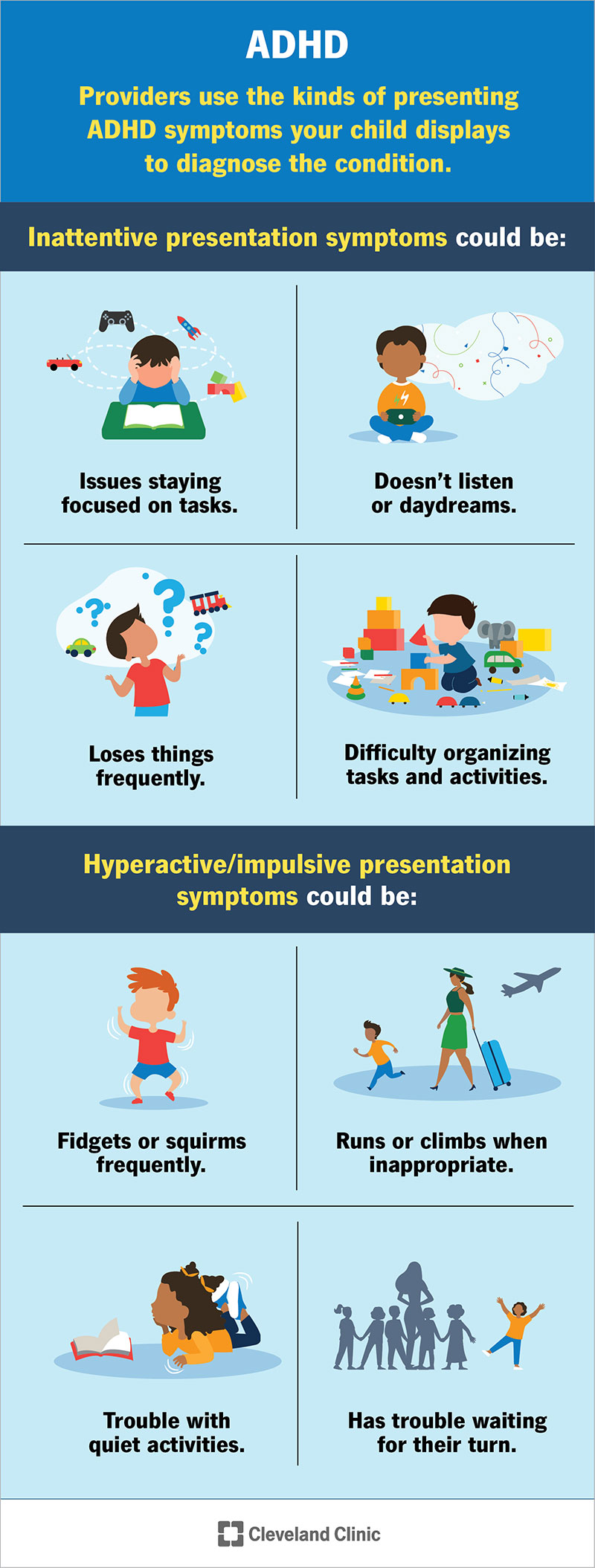Your Guide to Finding the Right ADHD Therapy for Long-term Results
Browsing the intricacies of ADHD therapy requires a nuanced understanding of both the condition and the myriad alternatives offered for reliable management. It is necessary to recognize that what jobs for one person may not always yield the exact same outcomes for another. Therefore, a customized strategy-- integrating expert advice, medicine, behavior approaches, and lifestyle modifications-- comes to be extremely important. Nevertheless, the journey toward determining one of the most ideal therapy strategy can be fraught with challenges. What are the essential aspects that affect effective outcomes, and how can individuals ensure they get on the best course?
Comprehending ADHD and Its Effect

In grownups, ADHD can lead to obstacles in office settings, impacting productivity, time administration, and social relationships. Typically, undiagnosed or incorrectly handled ADHD can add to co-occurring mental health and wellness problems, such as anxiousness and depression, more complicating an individual's general well-being.
The social perception of ADHD can vary, bring about preconception and misconception, which may prevent people from looking for aid. As understanding grows, it is important to cultivate an atmosphere that promotes understanding and assistance for those impacted by ADHD, stressing the requirement for exact diagnosis and customized approaches to minimize its influence on day-to-day life.
Summary of Therapy Choices
A comprehensive method to dealing with ADHD includes a selection of options tailored to the person's unique requirements. These options can extensively be classified into behavior treatments, psychoeducation, and way of life modifications, along with pharmacological therapies that might be explored later.
Behavior interventions, such as cognitive-behavioral treatment (CBT), concentrate on customizing certain actions and establishing coping approaches to handle signs properly. Psychoeducation plays a vital duty in empowering both people and their households by giving information regarding ADHD, its difficulties, and effective strategies for assistance.
Way of living modifications can substantially influence ADHD monitoring. Normal exercise, a balanced diet plan, and ample rest add to total health and symptom control. Mindfulness practices and leisure methods can additionally enhance focus and lower impulsivity.
Support system and family therapy can foster a sense of neighborhood and understanding, assisting individuals feel less isolated in their experiences. Each treatment option ought to be thought about in conjunction with the individual's preferences and circumstances, ensuring an all natural method that promotes long-term success. Ultimately, the objective is to develop a tailored therapy strategy that resolves the certain difficulties connected with ADHD here while enhancing total lifestyle.
Drug: Advantages And Disadvantages
Medication plays an essential function in the therapy of ADHD, with various options readily available that can significantly reduce signs website link and symptoms for numerous individuals. Energizers, such as methylphenidate and amphetamines, are frequently prescribed and have actually revealed effectiveness in enhancing emphasis, minimizing impulsivity, and improving total habits. These drugs work by increasing dopamine and norepinephrine degrees in the mind, which are usually dysregulated in those with ADHD.
Some individuals might experience side results, including insomnia, reduced appetite, or increased stress and anxiety. Additionally, not all people react to stimulant medicines, leading some to explore non-stimulant choices, which might have a delayed beginning of activity or various side impacts.
It is necessary for people and their families to evaluate these pros and cons meticulously. Balancing the benefits of signs and symptom management versus potential adverse effects is critical for achieving optimum therapy outcomes. Partnership with doctor can assist in enlightened choices, making certain that medicine belongs to a detailed ADHD monitoring strategy.
Behavior Modification Methods

One frequently employed approach is Cognitive Behavioral Therapy (CBT), which assists individuals identify and transform adverse idea patterns that add to ADHD-related difficulties. Therapist for ADHD. With CBT, clients learn to establish practical goals, handle time effectively, and develop business systems
One more reliable technique is Parent Administration Training (PMT), which informs parents on exactly how to strengthen favorable behaviors and lower adverse ones with regular self-control and communication strategies. This method promotes an encouraging home setting that encourages behavior improvements.
Social abilities training is also integral, helping individuals with ADHD navigate social communications a lot more efficiently. Role-playing and modeling appropriate actions can improve social capability and reduce stress and anxiety in social scenarios.
Way Of Living Adjustments for Better Management
Just how can way of life modifications substantially enhance the monitoring of ADHD signs and symptoms? Implementing strategic way of life adjustments can cause substantial enhancements in emphasis, organization, and emotional policy for individuals with ADHD.
First of all, developing an organized day-to-day routine helps in creating predictability, which can minimize feelings of bewilder. Constant timetables for meals, research study, and sleep can boost day-to-day functioning.
Incorporating normal physical task is also vital, as exercise has actually been shown to increase dopamine degrees, boosting attention and inspiration (Therapist for ADHD). Going for at least half an hour of moderate workout most days can be useful
Nourishment plays a pivotal function too. A balanced diet abundant in omega-3 fatty acids, whole grains, and protein can sustain cognitive feature. Restricting refined sugars and caffeine may decrease signs, as these can bring about energy crashes and irritability.
Final Thought
In final thought, discovering the ideal ADHD treatment requires a multifaceted approach that takes into consideration specific requirements and choices. Cooperation with healthcare specialists and open interaction with support networks are crucial components in browsing the intricacies of ADHD monitoring, ultimately leading to long-term results and boosted top quality of life.